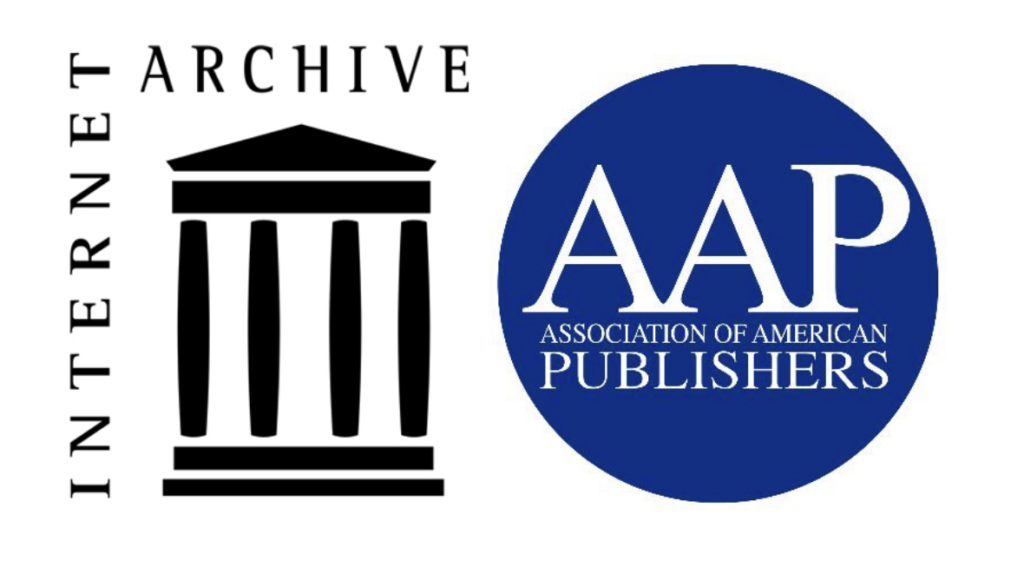Context
The case, initiated in June 2020, centered on the Internet Archive’s digitization of millions of print books and the subsequent distribution of bootleg ebooks for free via its website, all done without the consent of the publishers, authors, or the payment of any licensing fees.
In support of the publishers, numerous legal experts and creator organizations filed friend-of-the-court briefs, many of which made the point that Internet Archive cannot rewrite to its own advantage the laws that Congress alone has power to enact. The International Publishers Association and other global organizations also argued that there is an existential danger from Internet Archive’s efforts to assemble an unlawful digital corpus in which millions of literary works and other creative content are now vulnerable to piracy, including by AI developers.
Final Victory
On December 4, the Association of American Publishers announced the final resolution of Hachette Book Group v. Internet Archive, after Internet Archive declined to file a cert petition with the U.S. Supreme Court by the December 3, 2024 deadline.
“After five years of litigation, we are thrilled to see this important case rest with the decisive opinion of the Second Circuit, which leaves no room for arguments that ‘controlled digital lending’ is anything more than infringement, whether performed by commercial or noncommercial actors, or aimed at authorship that is creative or factual in nature. As the Court recognized, the public interest—and the progress of art and science that is the mandate of the Constitution’s copyright clause—is served best when authors and their publisher licensees can decide the terms on which they make their works available,” said Maria Pallante, President and CEO of AAP.
This case is a victory for authors’ rights and digital markets, an outcome that was AAP’s foremost, principled objective.
Originally published here.

